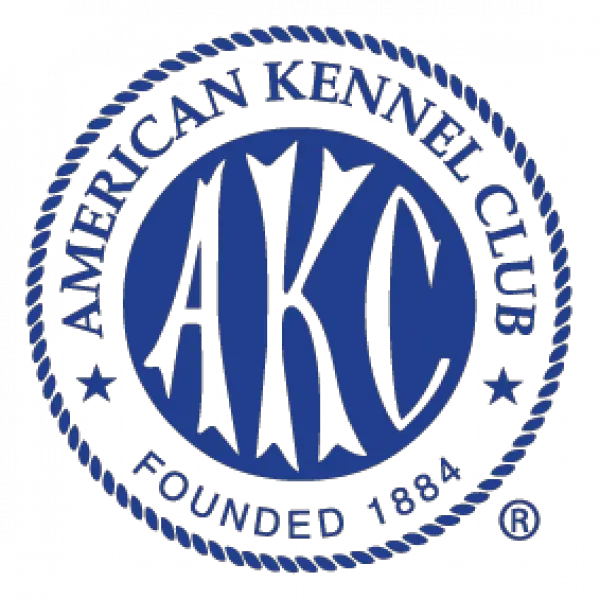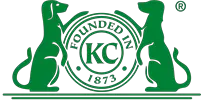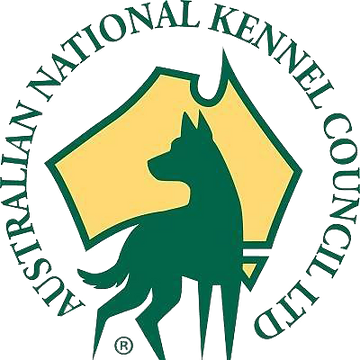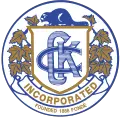Newfoundland History
The Newfoundland is a type of large water-working dog that was originally developed as a working and herding dog in Newfoundland and Labrador, Canada. The Newfoundland is descended from the now-extinct St. John’s water and maritime dogs, and is related to the now-extinct Irish Wolfhound. The breeding of the present-day North American version began in the 1800s, when European settlers brought their working dogs with them. The Newfoundland is a very large, muscular breed of dog that stands 63–76 cm (25–30 in) at the withers and weighs 75–115 kg (165–254 lb). The coat can be black, brown, gray, or white. The head is massive, with a square, broad muzzle, and a deep, wide, and round skull. The nose is black, and the ears are dropped. The tail is thick, and curled over the dog’s back. The Newfoundland is a very gentle and affectionate family pet. The spare time of a Newfoundland is taken up by swimming and retrieving.
Newfoundland Physical Characteristics
The Newfoundland is a large, giant breed that typically stands between 27 and 31 inches tall at the shoulder and weighs between 150 and 250 pounds. They have a massive body and a thick, dense double coat that is white, red, or a mixture of these colors. They have a rounded head and a wrinkled forehead. The eyes of the Newfoundland are dark and have a friendly, intelligent look. They are gentle, docile dogs that are always eager to please.
Eye Colors
Brown
Nose Colors
Unknown
Coat Colors
Unknown
Height Range
Male Height Range: 27 – 29 inches
Female Height Range: 25 – 27 inches
Weight Range
Male Weight Range: 130 – 150 lbs
Female Weight Range: 100 – 120 lbs
Newfoundland Health
Description of breed health.
Lifespan
8-10 yrs
Newfoundland Health Concerns
Gastric Torsion, Elbow Dysplasia, Pulmonic Stenosis, Hip Dysplasia, Subvalvular Aortic Stenosis, Entropion, Cataract, Osteochondritis Dissecans
Newfoundland Temperament and Behaviour
The Newfoundland is a gentle and patient dog that is very loving, protective, and loyal to his family. They are very large and muscular, and are usually calm, but they can also be very playful and energetic. They are extremely patient and gentle with young children, but should be supervised around smaller and younger children. They shed heavily and drool, so may not be the best pet for someone who is allergic to animals or has allergies.
Newfoundland Activity Requirements
Newfoundlands were bred as water dogs and are highly athletic. They are strong, sturdy, and muscular. While they are not as high-energy as some other breeds, they do require regular exercise. While a Newfoundland will enjoy a game of fetch or a walk around the neighborhood, they are also content to relax at home. They are highly adaptable and do very well in homes with families or singles. If you are looking for a dog who is happy to lounge around or stick by your side, the Newfoundland may be a good fit for you. A Newfoundland is not a high energy dog, but their sweet temperament makes up for their low energy.
Miles Per Day
Unknown
Activity Per Day
Unknown
Daily Food
4 cups
Kennel Club Recognition

American Kennel Club
Recognized by the American Kennel Club
Newfoundland is part of the Working group.
Visit the American Kennel Club website.

The Kennel Club
Recognized by The Kennel Club
Newfoundland is part of the Working group.
Visit the Kennel Club website.

Australian National Kennel Council
Recognized by the Australian National Kennel Council
Newfoundland is part of the Utility group.
Visit the Australian National Kennel Council website.

Canadian Kennel Club
Recognized by the Canadian Kennel Club
Newfoundland is part of the Working Dog group.
Visit the Canadian Kennel Club website.